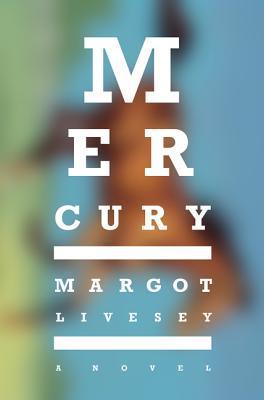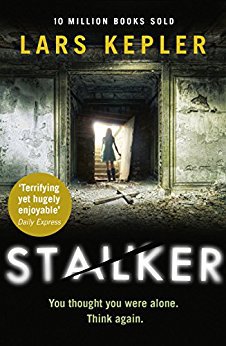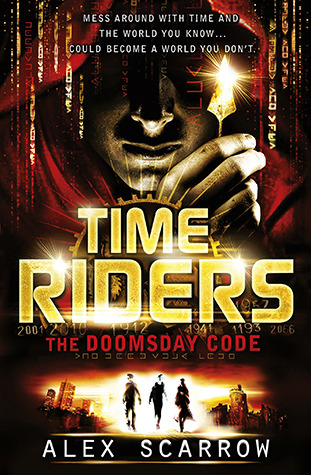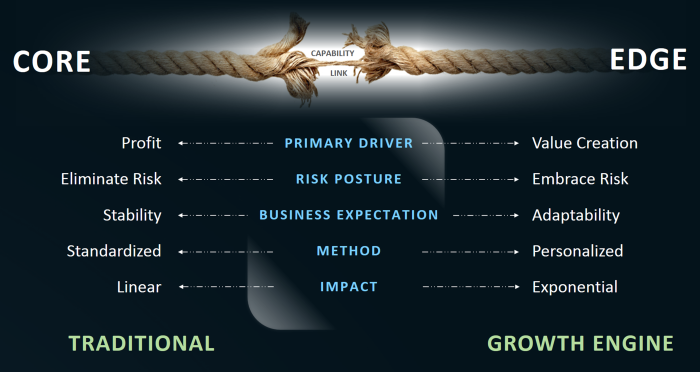Virginia Woolf said:
“Literature is strewn with the wreckage of men who have minded beyond reason the opinions of others.“
Author Eula Biss, who completed her MFA in non-fiction, and begins her non-fiction pieces by first writing poetry, said:
I think it’s a mistake to believe that any writer is not in her work. Think of all the painters who rarely painted self-portraits but are, nonetheless, instantly identifiable by their sensibility. Cezanne, for instance. A writer’s assumptions, values, and preoccupations are always there on the page, with or without the first person.
Graphic novelist and blogger Sarah Laing said (*):
Karl Ove Knausgaard has written a crazy long autobiographical novel – 3,600 pages long, in six volumes. I’ve only read the first two so far. I sometimes get into trouble writing comics about conversations I’ve had, and making judgements that perhaps haven’t been wise, but you wonder what kind of trouble Knausgaard got into for the intense scrutiny he placed on his family and friends.
Sometimes I think I should swap to made-up comics – you have quite a lot more leeway, and you don’t get into nearly as much trouble when you overstep the mark . Of course, friends and family are still a bit nervous, imagining a character might be based on them. But there’s something fascinating about real life, and the little things that happen around you. Knausgaard somehow makes going supermarket shopping and chopping vegetables enthralling.
I replied to that last quotation in comments:
Karl Ove Knausgaard is fascinating because there’s no barrier between reality and fiction, and more and more I don’t think there is, so he breaks the illusion that writing isn’t, as it’s reference point, about ourselves (as I think it can’t avoid) or the suspension of disbelief. I’ve been reading a lot of the ‘readymade’ or ‘reality-fiction’ authors (W.G. Sebald, et al) in which the theme itself is their oeuvre.
Mind, going the step to publishing then becomes problematic, as you said, especially, in Knausgaard’s case, due to the deleterious consequences on his wife. From memory, both of them had breakdowns over his novel series, but she stuck with him (just). Art versus relations/respect for loved ones versus the need to publish to make a living. The imponderable being, again, for artists, art is life (you can’t separate them, either).
But don’t get me wrong in this, because the mainstream media certainly has (wrong in general, not me, per se, they don’t know I exist). Media think it owns the Artist (and, actually – never use actually, it’s weak writing – but, actually), all of us. Many journalists are so far sunk into the subjective trough of reporting their emotions as News, they think they own our private lives. Yes, I don’t get, exactly, the connecting mechanism either, but perhaps in this we can partly blame celebrity for making its idiot income by spreading its reflected private bits, taken with selfie-sticks, all over the iris-sphere as News, which these same journalists have taken as an ethic (it’s why you should ignore, despise (even), every virtue-signalling word spewed from whatever multi-million, multi-billion, dollar pulpit in Hollywood lecturing us on what it’s like to be poor, and golly, why aren’t ‘we’ doing something about it).
Thus, many – not all – journalists, from their great moral height, have become unable to see decency, anymore, in the form of privacy and an individual’s right to be left alone, thinking they owned Italian author, Elena Ferrante, hounding her until they found the physical Her. In my novel manuscript I wrote the following regarding the uncovering of Elena Ferrante’s true identity (you would have to read it to understand all the references, and yes, it’s a rather different sort of novel, but bear with me):
Of course, I can only view [my husband, Henry] self-referentially from inside of my wronged and frightened mind. An unreliable narrator reciting his actions for you as through distorted or broken glass, his image blurred, in places hidden behind blood smudged from our wounds (often not knowing who’s the blood is).
But that’s okay, for evolving MySelf from this diary into a manuscript is, by necessity, self-referential, a psychotherapy (why write, otherwise?) Henry again, similar theme; he wrote in his blog ‘stencil this in blood’:
‘When the last human who understands individualism passes, so will pass the entirety of human art – that absolute necessity to express a discrete Self.’
By individualism he means philosophical, embracing, I think, the self-referential as foundational, the individual human life as the highest value, the authentic life, NOT self-referential as in the insane, contrived subjectivism of post-modern japing and critiquing by tax paid academics to deconstruct and undermine the language we build culture with, while sacrificing every author to the greater good of Their interpretation. Their agenda to break/subvert the Author down to the sense-less; representation Their play-thing only to project and instruct young minds in Their values as they fill the vacuum of lecture halls with Their context. We’re beyond that. [Welcome to Literature’s Duchamp Moment says (will say) as much.] And we need to be beyond post-modern because my life, with what I’m going through, needs to mean something They can’t poison; to have value of itself. [Worth.] I am I. Why continue to exist, otherwise?
[Snip]
Returning to Henry’s Truth that Art is expression of a discrete Self; note that doesn’t mean the Artist must be portraited and biographied to study their Work – that’s those bloody neo-Marxists, again, inventing context. Especially if the Artist seeks anonymity to protect their Self. That is to confuse what fiction, what Art, Is. To shit on the sublime from a mundane mechanical dialectic. And so regarding the invasive compulsion in 2016 of too many journalists to uncover the identity behind the Italian writer pseudonym Elena Ferrante, author of the Neapolitan novels, ‘I am Spartacus.’
Leave the author alone, Philistines, you don’t own us because of News; that’s just prurience, gossip and sordid agenda – and as bad; the cult of celebrity injected like a virus into Art.
Art flows from the individual impulse and self-expression – free expression – but it’s the Art that enters the public domain, and thereby the Artist in their Art, not the Artist her/himself; no one owns an individual. Self-sovereignty has to be the starting ethic – and legal environment necessary – in Art and Life if we are not to live under a tyranny of each other. It is in that context the uncovering of Ferrante was obscene, because she was harming no one and she didn’t want to be found, other than in her Art – and that was enough, actually.
Whether my views on Art, Individualism and Me/mySelf, are disputable is the subject of continuing posts – I’ll admit, per a good friend on Facebook, they are a big part barmy – but as to evidence gathering, if you click on my ‘About Mark Hubbard’ tab in the menu above, you’ll see I’ve copied a bio of myself. It makes the point, chiefly, even if Art is Life, you don’t own that life; I give what I choose to give, but you are not entitled to anything else, nor to set my choices in Life, or Art. Noting nothing in this piece contradicts my desire for an Arts-Commons in my copyright post; but, I’ll leave you alone to that.
From the above, to return full circle to the uniquely named Eula Biss, if you need more evidence for Art is Life, Art as self-referential, Google self-portrait: here’s one of the few self-portraits by fabulous artist Lucian Freud where – and thank you, Mr Freud – he kept his clothes on.
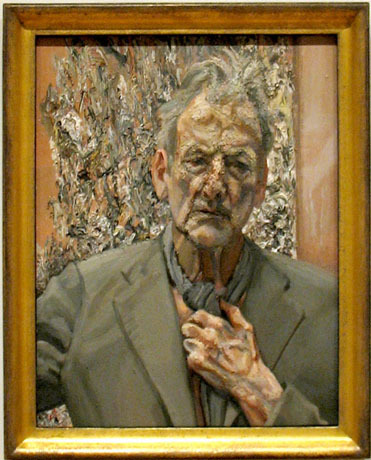
Although I copied that painting from the site of a harsh critic of Lucian, and by inference, my own premise re individualism, namely, art critic, Mr. Charlie Finch, who in his piece Crap on Crap said this:
Lucian Freud’s etchings at the Museum of Modern Art are as bad as it gets. [Snip.] Back in 1991, no respectable New York gallery would touch Lucian Freud, because he was considered a self-involved hack who could neither think, paint or draw with any facility.
Those who can’t paint, Mr. Finch …
(*) I suspect I’m a bit like typhoid in the literary community, (perhaps that’s just the misguided romantic in me), therefore, citing a (loosely) fellow traveller in this, my blog, in no way implies that poor person has any agreement with me whatsoever, on anything, so please don’t blame them for sins against the tribe.
… to go back to my main page and index of all my posts, click on Daisy Dog up in the header.
Advertisements Share this: